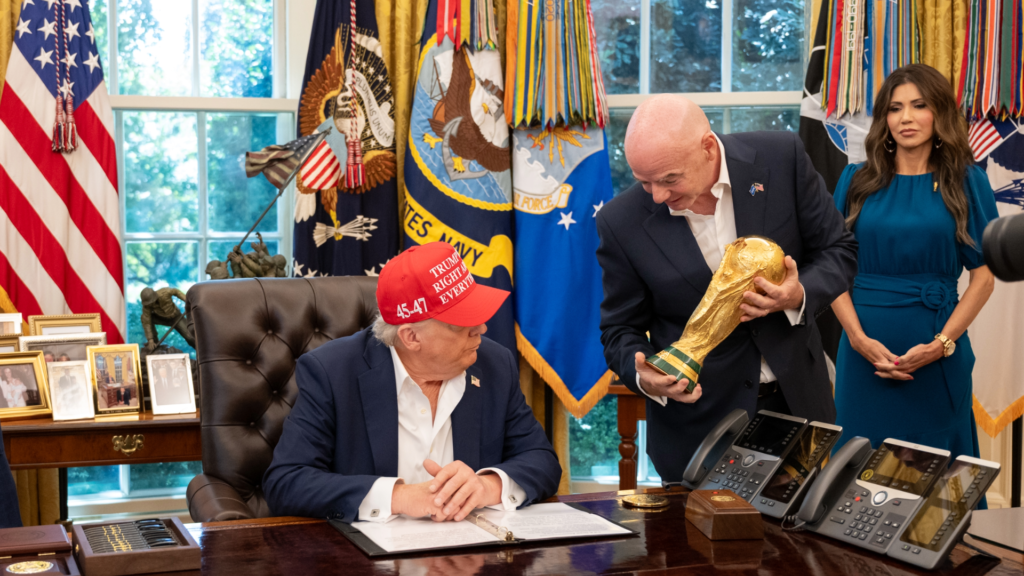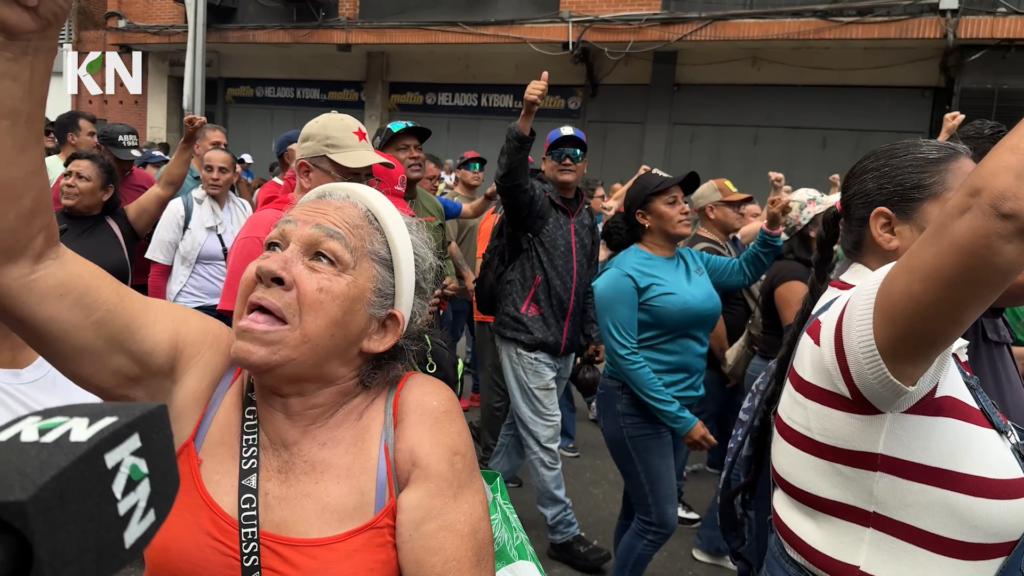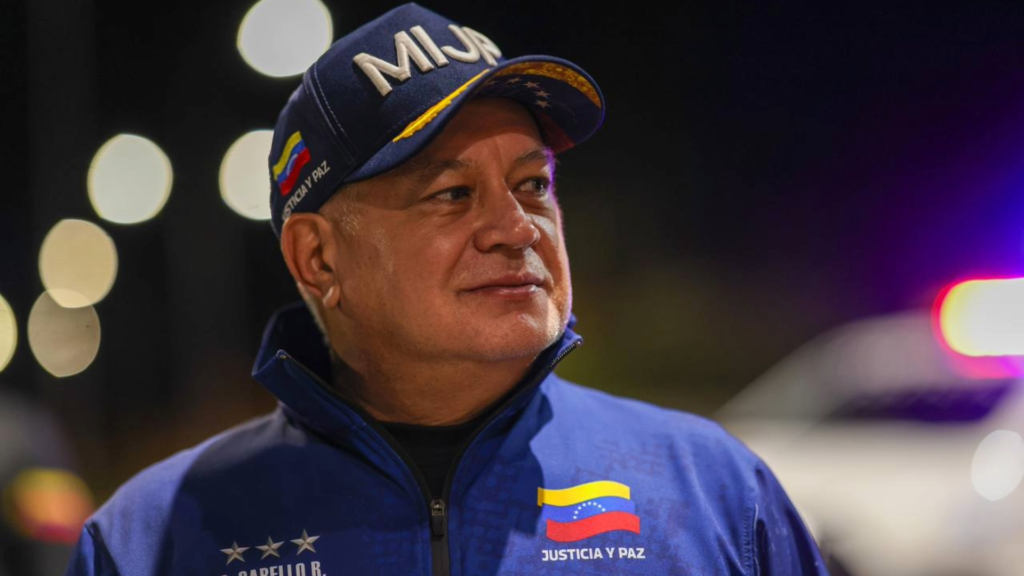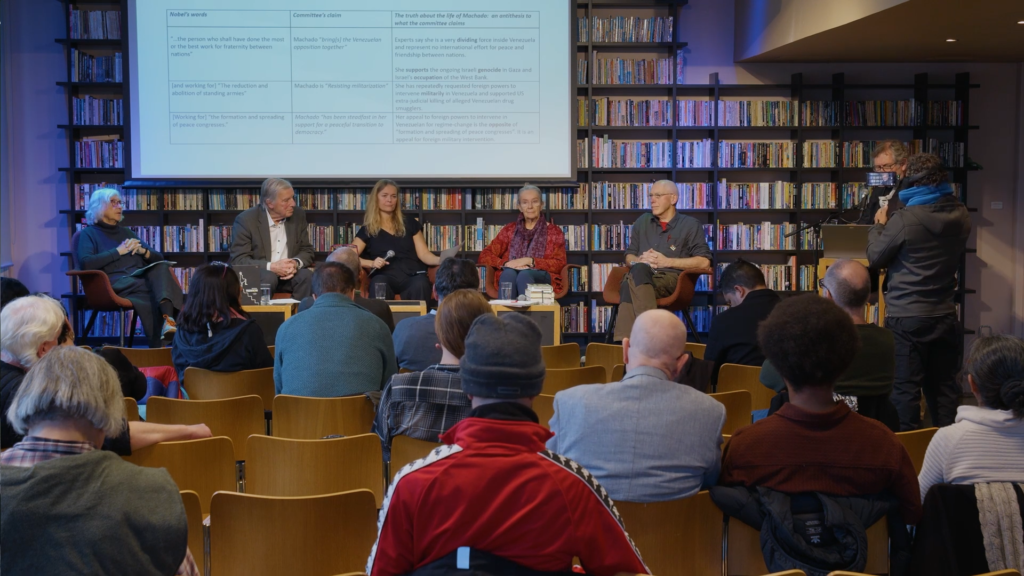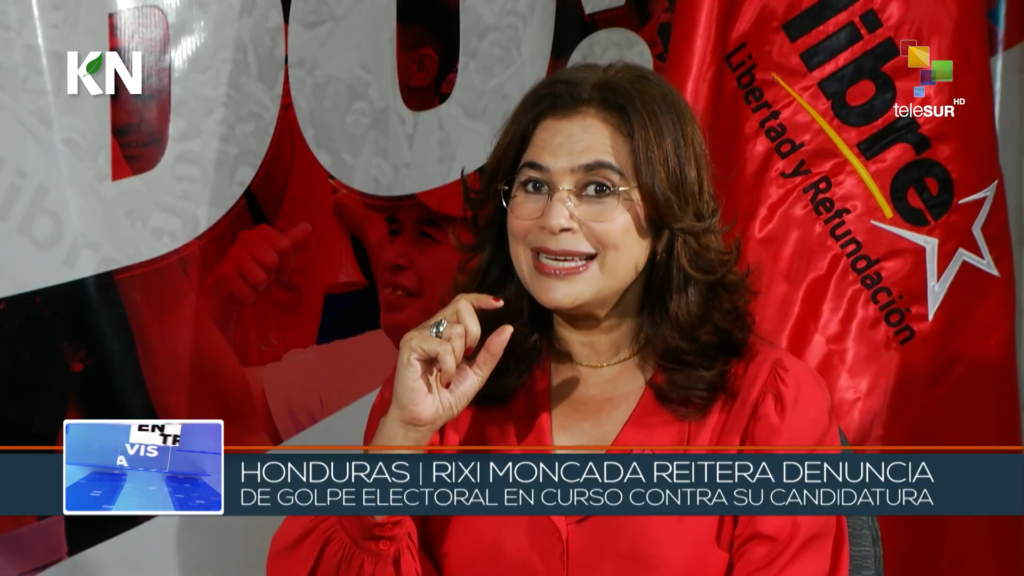The towering peaks of Caracas’ mountaintops captured the attention of the delegates from Burkina Faso even before their airplane hit the ground at the Simón Bolívar International Airport in Maiquetía, Venezuela. Venezuela’s imposing mountainous coastline is a sharp contrast to the long stretch of flat savanna that makes up the majority of Burkina Faso’s landscape.
The Burkinabé delegates from grassroots social movements, primarily members of the Thomas Sankara Centre for African Liberation and Unity based in Ouagadougou, had come from far away to visit Venezuela from 7 to 14 January 2025. Their excitement to attend the inauguration of President Nicolas Maduro and to participate in the Global Anti-Fascist Festival in this friendly and inspirational South American country was perhaps unmatched. Afterall, the two countries are at the forefront of the international struggle against imperialism and exploitation.
Members of the Thomas Sankara Centre and the A-APRP, were recently in Caracas, Venezuela for President Nicolas Maduro’s inauguration and for an international anti-fascist conference. They were warmly welcomed by other African delegates and Venezuelans from all walks of life. They… pic.twitter.com/ZqdF1ujyNx
— All-African People's Revolutionary Party (A-APRP) (@AAPRP) January 14, 2025
Witnessing and Experiencing the Bolivarian Revolution
On January 6, comrades Fabrice and Kouss from the Thomas Sankara Centre left Ouagadougou in the early hours of the morning for a 48-hour journey of over 14,000 km to Venezuela. As soon as they arrived at Simon Bolivar airport, the comrades were struck by the internationalist environment. Meetings with various delegates from Equatorial Guinea, Ivory Coast, Niger, Congo, Netherlands, India, Nepal, and elsewhere fostered a sense of belonging to a collective cause of social justice, anti-fascism and international solidarity. They would soon be joined by another comrade from the Thomas Sankara Centre, Inem, who arrived on the 8th to a similar atmosphere.
The delegates from Burkina Faso were struck by Venezuela’s technological and architectural progress in the face of sanctions and economic difficulties. Initiatives in the fields of agriculture, energy, and communications illustrated the resilience and ingenuity of the Venezuelan people. These discoveries broadened their perspective and understanding of the possibilities for sustainable development within a socialist state.
Participation in the Global Anti-Fascist Festival, the meeting with President Nicolas Maduro and the Third International Communications Congress provided opportunities to exchange ideas with activists from around the world, attend practical workshops and take part in discussions on strategies and tactics in a shared struggle spanning the Global South.
While in Venezuela, the delegation also sought to forge Pan-African connections between those coming from the African continent and their diasporic counterparts.
ALBA and the AES
Like Venezuela, which is the initiator of Latin America’s anti-imperialist Bolivarian Alliance for the Peoples of Our America (ALBA-TCP), Burkina Faso is a part of Africa’s foremost anti-imperialist intergovernmental organization, the Confederation of the Alliance of Sahel States (AES).
ALBA was proposed by the rebellious and charismatic military man turned revolutionary leader, Hugo Chavez, and came into fruition in 2004. The AES was formed just two-years ago, first as a defense agreement and then as a working confederation in 2024, by three soldiers who also became revolutionary leaders from the West African Sahel, namely Captain Ibrahim Traoré of Burkina Faso, General Assimi Goïta of Mali, and General Abdourahamane Tiani of Niger.
Both ALBA and the AES have fiercely and boldly defended the self-determination of the peoples of South America and Africa. In ALBA, this has meant working towards greater integration between socialist and progressive states in Latin America and the Caribbean in order to increase economic cooperation and provide social services in the region all while resisting imperialist domination. In the AES, this has meant expelling the French military occupation in all three countries, nationalizing critical resources such as gold and uranium mines, and developing a shared defense and foreign policy with the goal of unifying into a future Pan-African federation.
ALBA references and draws inspiration from historical revolutionary figures in the region, particularly Simón Bolívar, José Martí, and Augusto Sandino. The AES looks up to African revolutionaries of the past such as Thomas Sankara, Modibo Keïta, and Djibo Bakary.
Both ALBA and the AES are at the forefront of the international struggle for a multipolar world, shifting global power from the NATO bloc to the Global South.
Relations Between the Peoples and the States
Yet, when the Burkinabé delegates made their way to Caracas, they found that among ordinary Venezuelans who had come out to support their president, along with delegates who arrived from various other parts of the Americas, some had been paying close attention to the updates and developments unfolding in Burkina Faso and the Sahel, while others had never heard of Burkina Faso before.
Back home in Burkina Faso, the reality is similar. Some Burkinabé have paid attention to Venezuela’s Bolivarian revolution and have followed it for years, yet others are not familiar with the country and its resistance to US hegemonic control.


The mutual gaps in awareness and knowledge between the two revolutions may be due in part to the language barrier that separates the circulation of information and news between the Spanish-speaking and French-speaking international spheres. When exciting and important developments get translated for an international audience, it tends to go from Spanish to English or from French to English. The need to break down linguistic barriers between Africa and Latin America through more Spanish to French translation and vice versa was a takeaway for many African delegates to the festival.
Nevertheless, this international gathering of thousands of delegates from 125 various countries across the globe, was the perfect opportunity for grassroots organizers from Burkina Faso, Mali, and Niger, to learn directly from Venezuelans and other Latin Americans about the struggles of their region. It was also the perfect avenue for a two-way exchange that enabled Sahelian delegates to convey to Latin Americans the major changes sweeping this critical region of the African continent, sometimes with rusty English as an intermediary language or occasionally with the interpretation assistance of multilingual delegates.
Since the coming to power of Captain Ibrahim Traoré, Burkina Faso and Venezuela have had closer relations than ever before. They have a joint cooperation commission and a parliamentary friendship group designed to help the two countries collaborate in the areas of health, agriculture, education, security, mining, oil, culture, air transport, communication, electoral issues, human rights, and more.
Yet beyond agreements between ministers and heads of state, the desire for this close relationship was felt on the level of the people and the social movements during President Nicolas Maduro’s inaugural meeting with the people and organizations who gathered to see him on 10 January 2025.
“Burkina Faso! Burkina Faso!” The crowd erupted in a chant as people from near and far joined the West African delegates in their aim of getting Venezuela’s beloved president to recognize their beloved homeland. Cheers erupted when President Maduro screamed “Viva Burkina Faso! Viva Africa!” to the impassioned audience.
Collectivos and Wayiyans
Every revolution has its particularities, but Venezuela and Burkina Faso share much in common, in the way that working-class people and farmers have taken the initiative to form grassroots organizations across the country that both support the revolutionary government, while also raising their demands and needs in a constructive manner to push it further.
The Burkinabé visitors were thrilled to meet with grassroots organizations and colectivos which formed independently from the government, but which work fiercely to defend and protect the Bolivarian revolution.They drew parallels between these groups and Burkina Faso’s Citizen’s Nightwatch (la Veille Citoyenne) also popularly known as Wayiyans, a grassroots network of thousands of organizations across the country that serve as the eyes and ears of the AES struggle and who tirelessly defend the government of Ibrahim Traoré from attack. Both the colectivos and the wayiyans have their own political visions and their own sets of demands which they assert to push the struggles in their country further and further to the left.
This must be what activists around the world mean when they cry out “power to the people!”
Venezuela–Africa Relations
As much as the Burkinabé were thrilled to be in South America for the first time learning from a country at the forefront of a shared interntional struggle, Venezuelans were equally excited to meet with delegates from Africa, a part of the world to which they trace their roots.
Hugo Chavez not only worked tirelessly into strengthening Venezuela’s relationship with the people and states of Africa, he also declared himself an afro-descendant. In 2005, Hugo Chavez stated,
“Racism is very characteristic of imperialism and capitalism. Hate against me has a lot to do with racism. Because of my big mouth and curly hair. And I’m so proud to have this mouth and this hair, because it is African.”
Chavez’s final letter to the world before he passed away, his letter to the III Africa – South America Summit (ASA) delivered on 22 February 2013, was essentially a love letter to Africa from Latin America, detailing all the ways in which African freedom fighters have shed their blood to liberate the Americas and how African revolutionaries have inspired the people of both hemispheres.
Under President Nicolas Maduro, Venezuela hosted the 2019 Afro-descendant International Congress hosted with participation from both the African diaspora and the African continent. The Maduro government also oversaw the opening of The Center of African, American, and Caribbean Wisdoms (CAACW), a center dedicated to synthesizing and sharing African and African diasporic knowledge, which the Burkinabé delegates hope to visit and exchange with in future travels to Venezuela.
The longstanding efforts on the part of the Bolivarian Revolution to reclaim and uplift its African roots may be one reason why Venezuelans routinely flocked to take pictures with the Burkinabé and other African travellers in the dozens.
Conclusions from Inauguration
While the Burkinabé members of the Thomas Sankara Centre were thrilled to represent their country at Nicolas Maduro’s inauguration for his third presidential term, Burkinabé officials representing the government also attended the ceremonies and meetings. At the end of the events, the Legislative Assembly of Burkina Faso and the National Assembly of Venezuela signed a bilateral agreement for future collaboration. The Burkinabé Legislative Assembly will be returning to Venezuela to learn more from the National Assembly of Venezuela and Venezuela will organize a summit for African and Arab parliaments.
The Burkinabé activists and organizers who attended the inauguration like to imagine that they played a small role in strengthening this partnership. Afterall, Dr. Ousmane Bougouma, Burkina Faso’s President of the Legislative Assembly who stood near President Maduro on stage, smiled and waved at the cheering Burkinabé who riled up the audience, chanting “Burkina Faso, Burkina Faso,” until they finally captured President Maduro’s attention and his salute.
Follow the Thomas Sankara Centre for African Liberation and Unity on Instagram.


